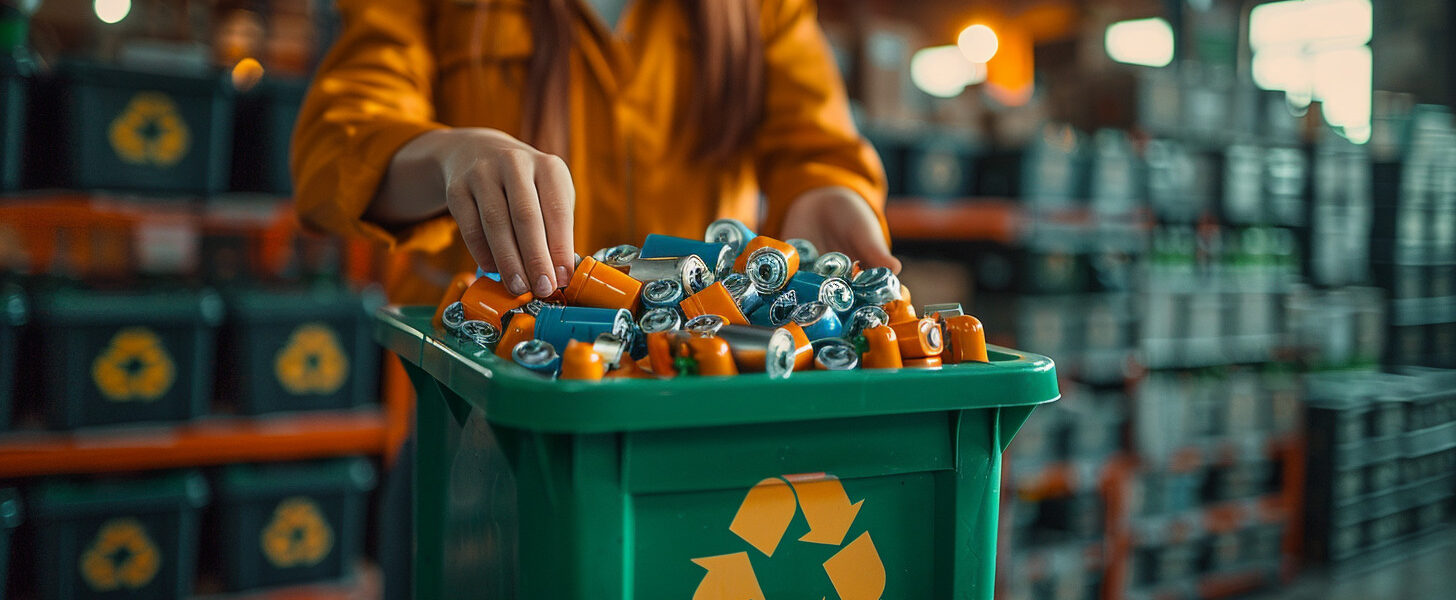In a world where technology is ever-evolving, batteries have become an essential part of our lives, often found in every battery store. However, with the increase in electronic devices comes the challenge of battery waste and the necessity for proper recycling. As technical engineers, it’s our responsibility to highlight this urgent issue.
This article explores the regulatory framework of battery recycling, examining both global and regional regulations. We will focus on the EU’s rules for battery recycling and why major corporations should take heed. Finally, we’ll look ahead to innovative solutions for battery recycling. Join us as we navigate the intricate world of battery recycling regulations from a global standpoint.
Understanding the Regulatory Framework of Battery Recycling
Grasping the regulatory framework of lithium battery recycling is vital for anyone in this industry. Regulations differ significantly by region, making it crucial to stay informed and current with the latest developments. Lithium battery recycling is a complex process involving multiple stakeholders, including manufacturers, consumers, and waste management companies. Each must comply with specific regulations to ensure lithium batteries are disposed of safely and responsibly.
In regions like the European Union, stringent regulations aim to minimize the environmental impact of lithium batteries. These regulations encompass all phases of the lithium battery lifecycle, from production to disposal. For businesses in this sector, understanding these regulations is essential to avoid potential fines or legal issues. By comprehending the regulatory framework of lithium battery recycling, businesses can comply with local laws while playing a crucial role in environmental protection.
What are the EU Regulations for Recycling Batteries?
The EU Battery Regulation requires manufacturers to manage the entire lifecycle of batteries, including collecting and recycling specific percentages based on battery type. It bans the landfilling and burning of certain batteries and imposes labeling and substance limits. Not following the rules can lead to fines or legal trouble, all aimed at reducing waste and protecting the environment.

Why Battery Recycling is Crucial for Large Corporations
Big companies are key players in battery recycling, as they produce a lot of batteries and electronic devices. With electronics in high demand, waste from used batteries has increased. Proper battery disposal is crucial not just for environmental reasons but also for economic and social gains.
Recycling batteries helps recover valuable metals and materials, reducing the need for mining and saving natural resources. It also keeps toxic substances out of the environment, protecting human health and wildlife.
Companies that adopt sustainable practices, like battery recycling, can boost their reputation and attract eco-conscious customers. They can also cut waste management costs and comply with government rules. All in all, battery recycling is vital for big companies in their sustainability efforts, contributing to a greener future.
The Legal Framework: Global and Regional Regulations
Battery recycling is governed by a complex and ever-changing legal framework. Globally, several international agreements, like the Basel Convention and the Stockholm Convention, tackle hazardous waste management. These agreements lay the groundwork for regional regulations, like those in the European Union, which has set high targets for battery recycling with strict rules for producers, importers, and recyclers.
North America and Asia also have their own range of regulations. Compliance is crucial for companies involved in battery production and disposal, as breaches can lead to hefty fines and damage to reputation. So, businesses need to stay updated on regulatory developments and work closely with partners to meet legal requirements.
Innovative Solutions: The Future of Battery Recycling
Innovation is shaking up battery recycling to meet rising demand, with methods like hydrometallurgical processes and bioleaching making metal recovery more efficient and sustainable. Automated sorting is improving recycling by reducing contamination. Global cooperation and understanding of regulations are essential, as big companies are key players.
The EU leads in regulations, but other regions are catching up. A collaborative approach is crucial to ensure responsible battery use and disposal for a sustainable future.





